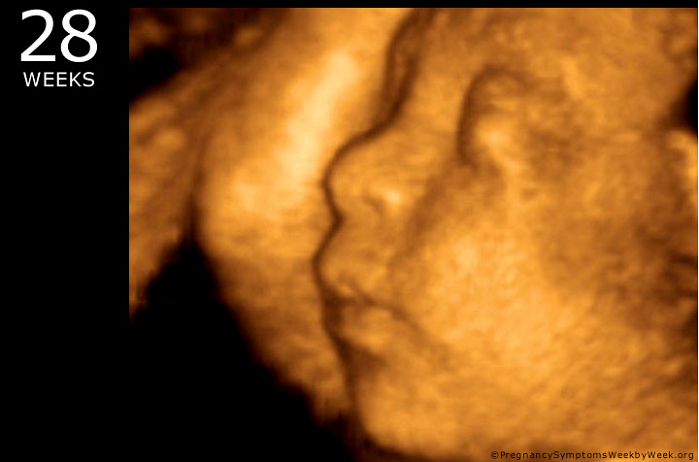At 28 weeks of pregnancy, unborn babies are viable outside the womb and capable of feeling intense pain. Studies have found that unborn babies at this stage recognize nursery rhymes and people’s faces. They are unique, complete living human beings.
Yet, this week in India, a pregnant mother argued before the Delhi High Court that she should be allowed to abort her unborn baby at 28 weeks of pregnancy and other mothers should, too, News 18 India reports.
Recently, during an ultrasound at 27 weeks and five days of pregnancy, the woman said doctors discovered that her unborn baby has anencephaly, a rare, often deadly brain disorder.
The woman said she wants an abortion because her unborn baby is “incompatible with life.” She also argued that late-term abortions are safer now because of advances in modern medicine.
Follow LifeNews on the Parler social media network for the latest pro-life news!
On Thursday, the Delhi High Court asked a medical board to examine the woman and report about the possibility of her having an abortion, according to the report. The court ordered the board to make its recommendation by Jan. 11.
The unnamed mother also argued that India’s current ban on abortions after 20 weeks of pregnancy is unfair because it often prevents women from aborting unborn babies with disabilities, according to the report.
“… by keeping the ceiling artificially low, women who obtain reports of serious fetal abnormality after the 20th week have to suffer excruciating pain and agony because of the deliveries that they are forced to go through,” her petition to the court argues. “The ceiling of 20 weeks is therefore arbitrary, harsh, discriminatory and violates Articles 14 and 21 of the Constitution of India.”
But abortions involve two lives, not just one, and late-term abortions can be deadly to mothers as well as their unborn babies. The woman’s petition also is misleading about the nature of late-term abortions. Whether a woman gives birth or aborts her unborn baby, she still has to go through the “excruciating pain and agony” of delivery. The only difference is that in a late-term abortion, the unborn baby is already dead.
A third-trimester abortion typically involves injecting a poisonous potassium chloride solution through the woman’s stomach into the baby’s heart – causing excruciating pain to the baby as the poison stops his/her heart. A few days later, labor is induced and the woman delivers her dead baby’s body.
Late-term abortions also are dangerous for mothers. Even abortion advocacy groups admit that the risks of abortion increase greatly later in pregnancy, and women sometimes die along with their unborn babies in late-term abortions.
India’s abortion law prohibits abortions after 20 weeks of pregnancy, but courts have granted numerous exceptions to the law in recent years for victims of rape and unborn babies with disabilities.
The Asian country has some of the highest abortion numbers in the world. Approximately 15.6 million unborn babies were aborted in the country in 2015, according to the Guttmacher Institute.








